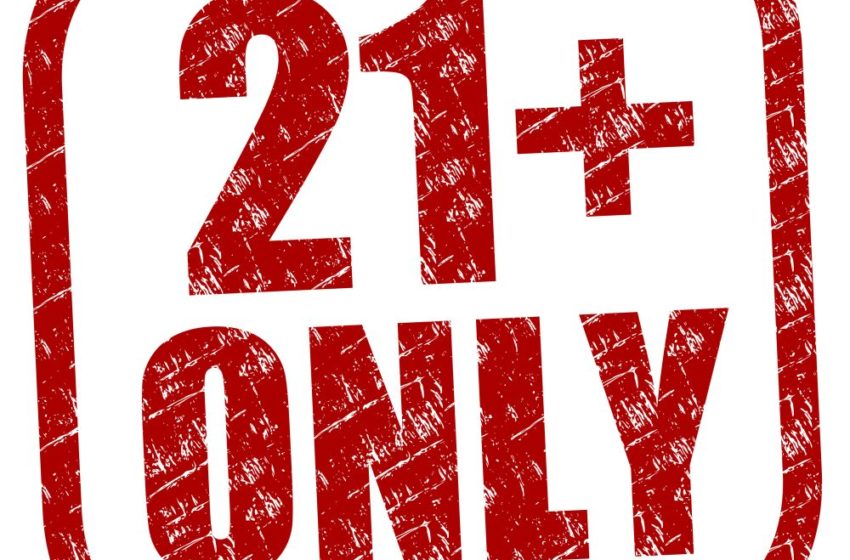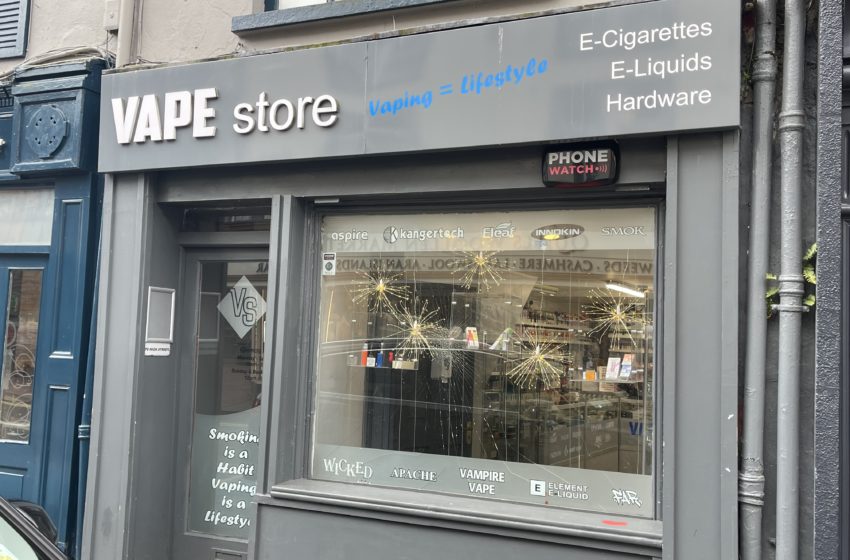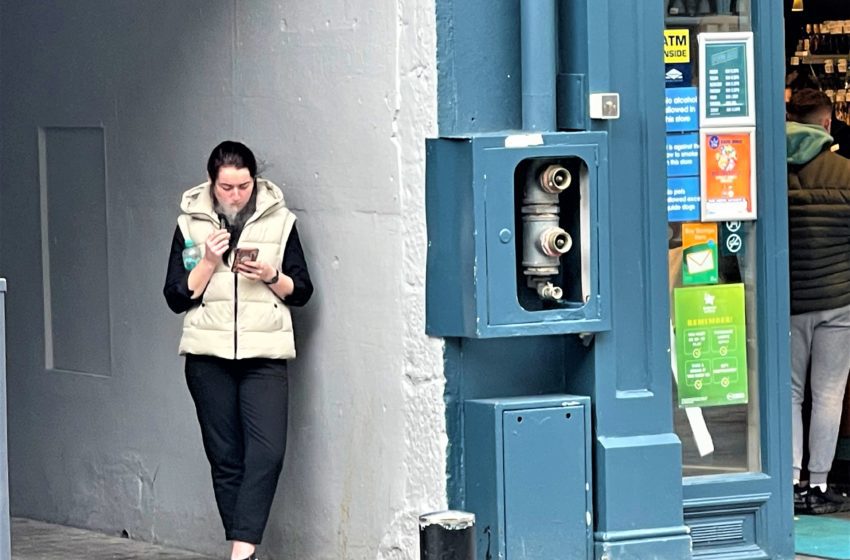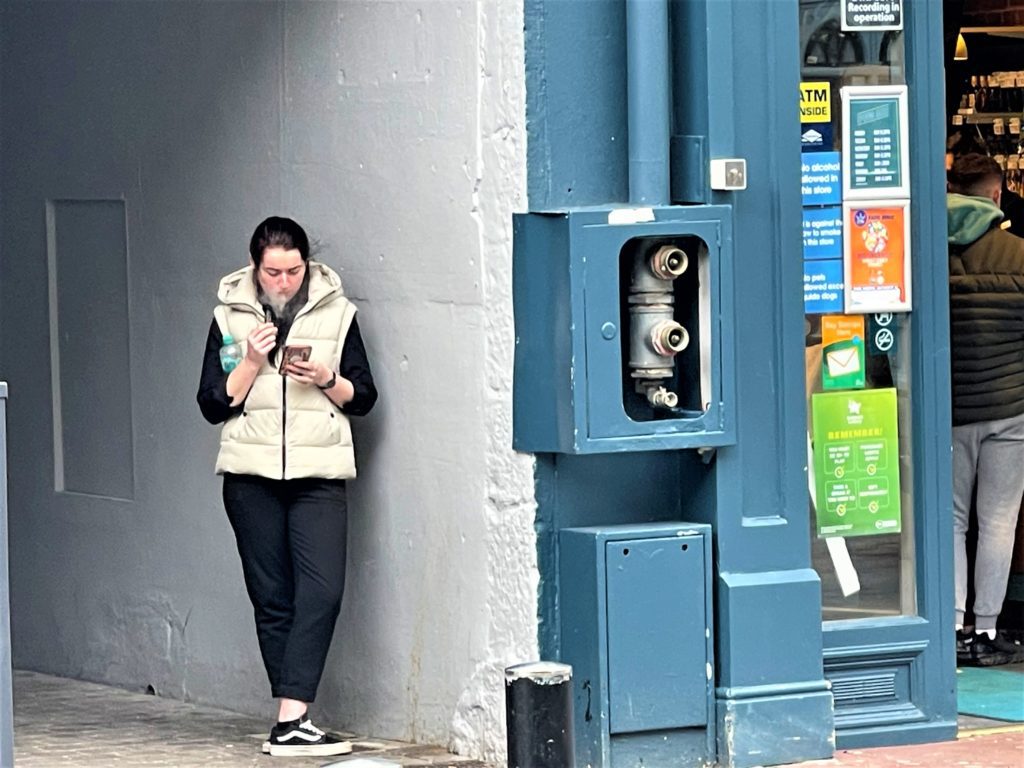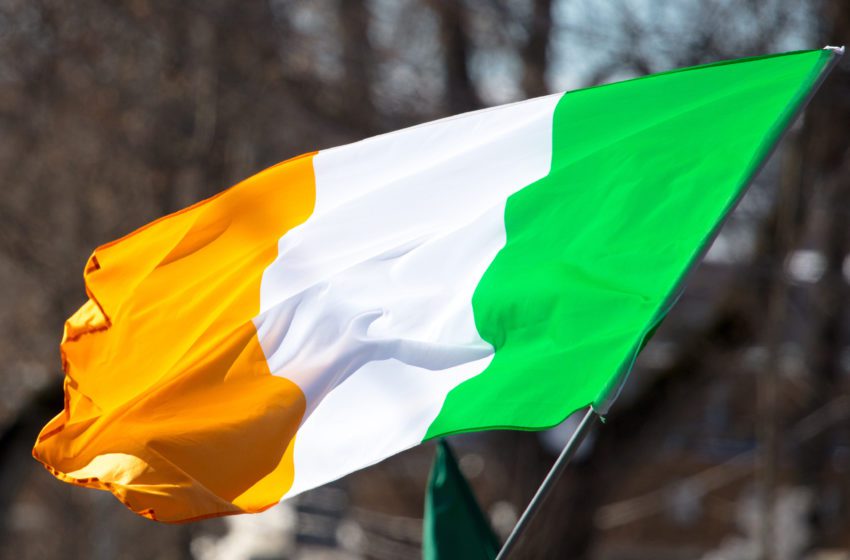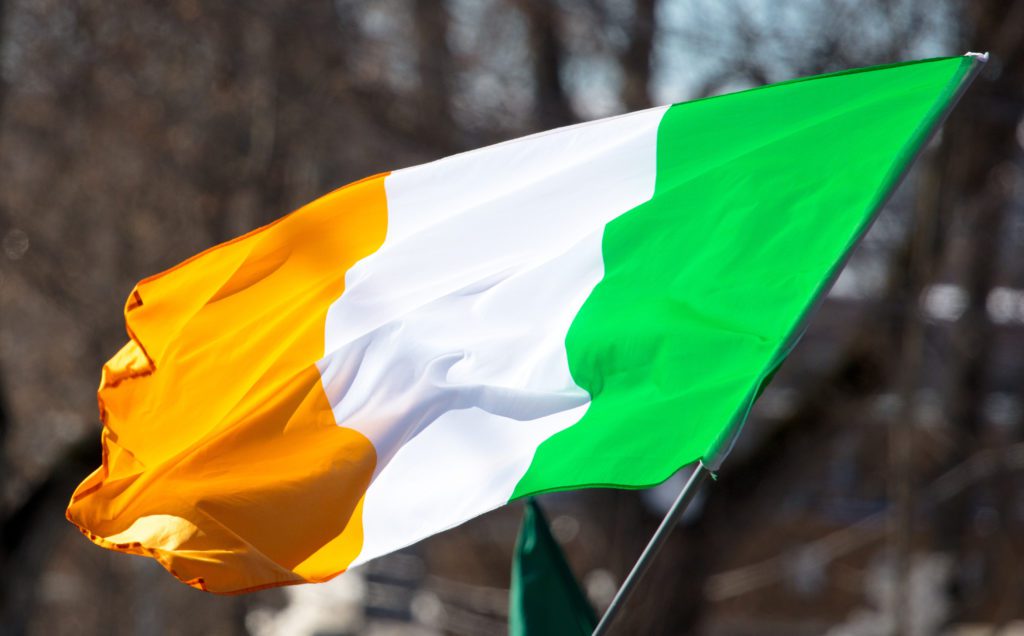
Ireland’s new tax on e-cigarettes is a setback in the fight against tobacco, condemning thousands of smokers to unnecessary premature death, according to international health experts.
This week, the Irish government announced a levy of €0.50 per ml of e-liquid as part of its annual budget, adding €1.23 to the cost of a typical vape. This tax is far above the European average of €0.10 to €0.30.
“Sweden is on the brink of achieving smoke-free status as a result of its progressive approach to safer alternatives like vaping. This contrasts sharply with Ireland’s approach, where smoking rates remain four times higher,” said Delon Human, leader of Smoke Free Sweden, in a statement.
“Sweden’s successful policies, including lower taxes on safer nicotine alternatives, have helped reduce smoking and smoking-related deaths. In stark contrast, Ireland’s new levy will discourage smokers from switching to less harmful options, potentially keeping them addicted to cigarettes and condemning them to unnecessary premature death.”
According to a recent Irish public consultation, only 10 percent of respondents supported increasing taxes on vaping above the EU average, while 39 percent warned that higher prices would push consumers to source products abroad.
Through the promotion of safer alternatives like snus, nicotine pouches and vapes, Sweden has reduced its smoking rates by 55 percent over the past decade, resulting in a staggering 44 percent fewer tobacco-related deaths compared to the rest of the European Union.
“By raising taxes on safer alternatives, Ireland jeopardizes its hopes of reducing smoking rates,” Humans said. “If Ireland truly wants to cut smoking and save lives, it should follow Sweden’s lead in promoting harm reduction, not penalize smokers for trying to quit.”


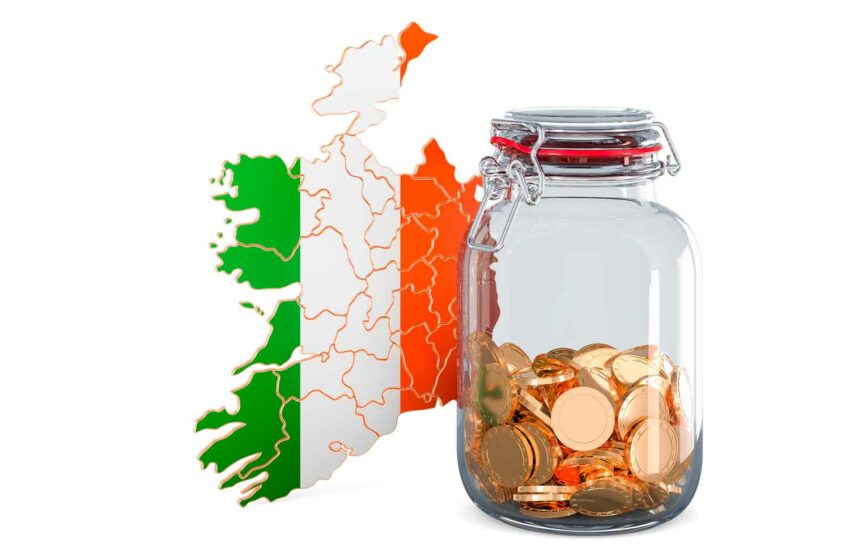

 Simon Clark, director of the Freedom Organization for the Right to Enjoy Smoking Tobacco (Forest), described the decision as “brutal” and said law-abiding smokers were being “discriminated” against.
Simon Clark, director of the Freedom Organization for the Right to Enjoy Smoking Tobacco (Forest), described the decision as “brutal” and said law-abiding smokers were being “discriminated” against.



